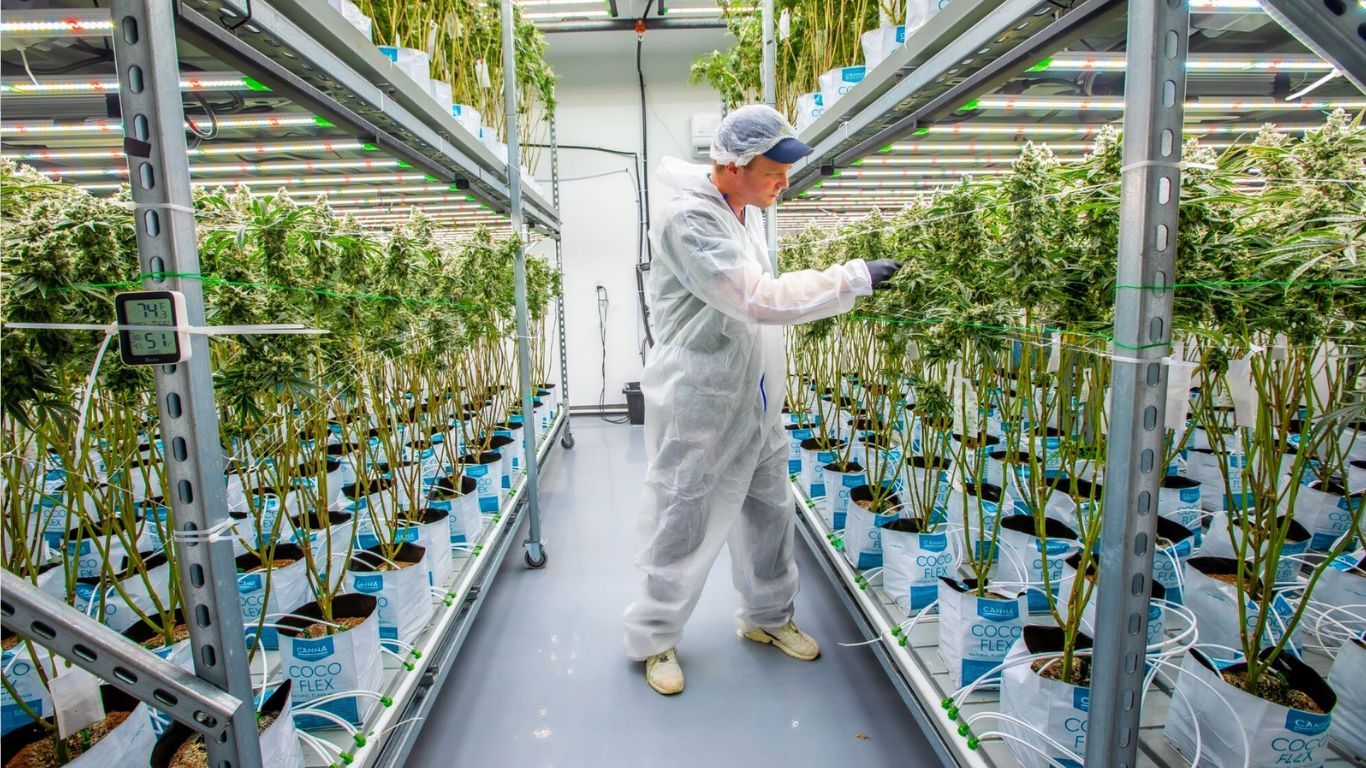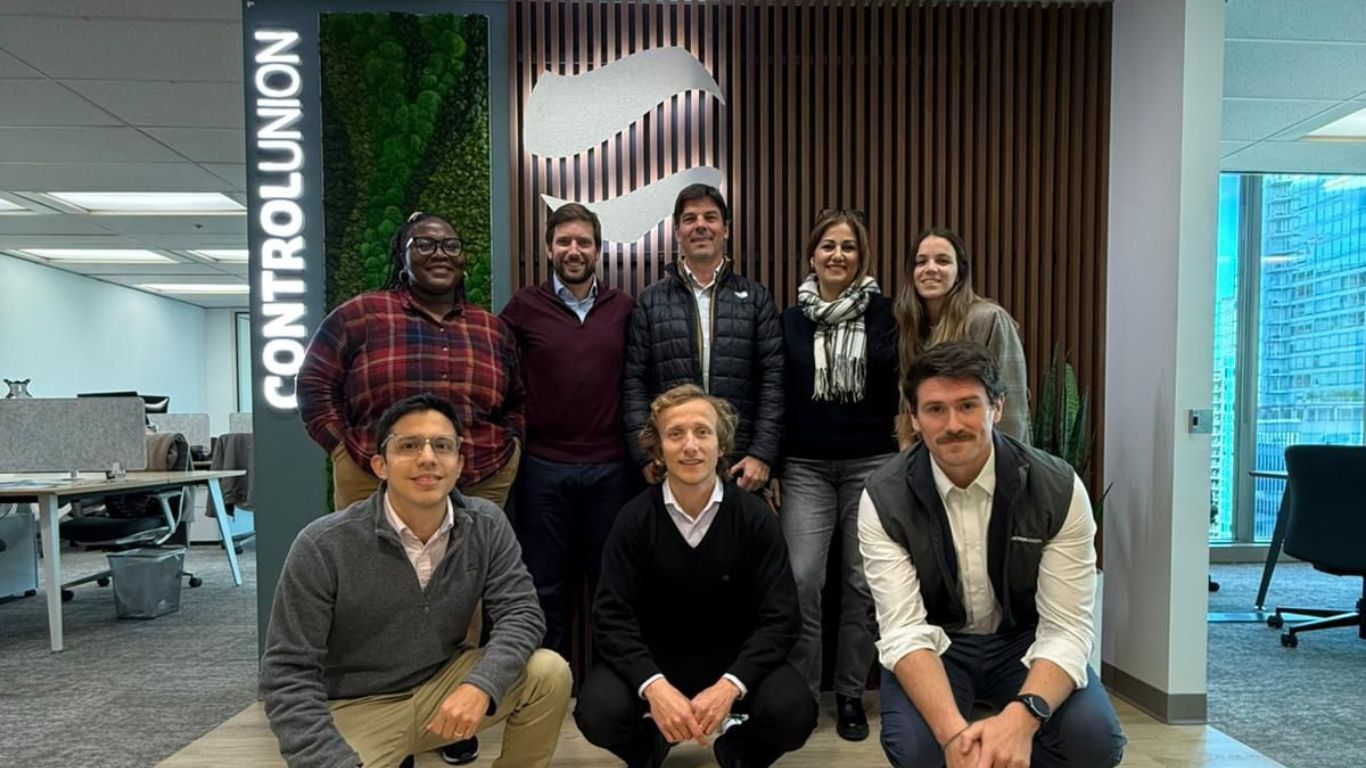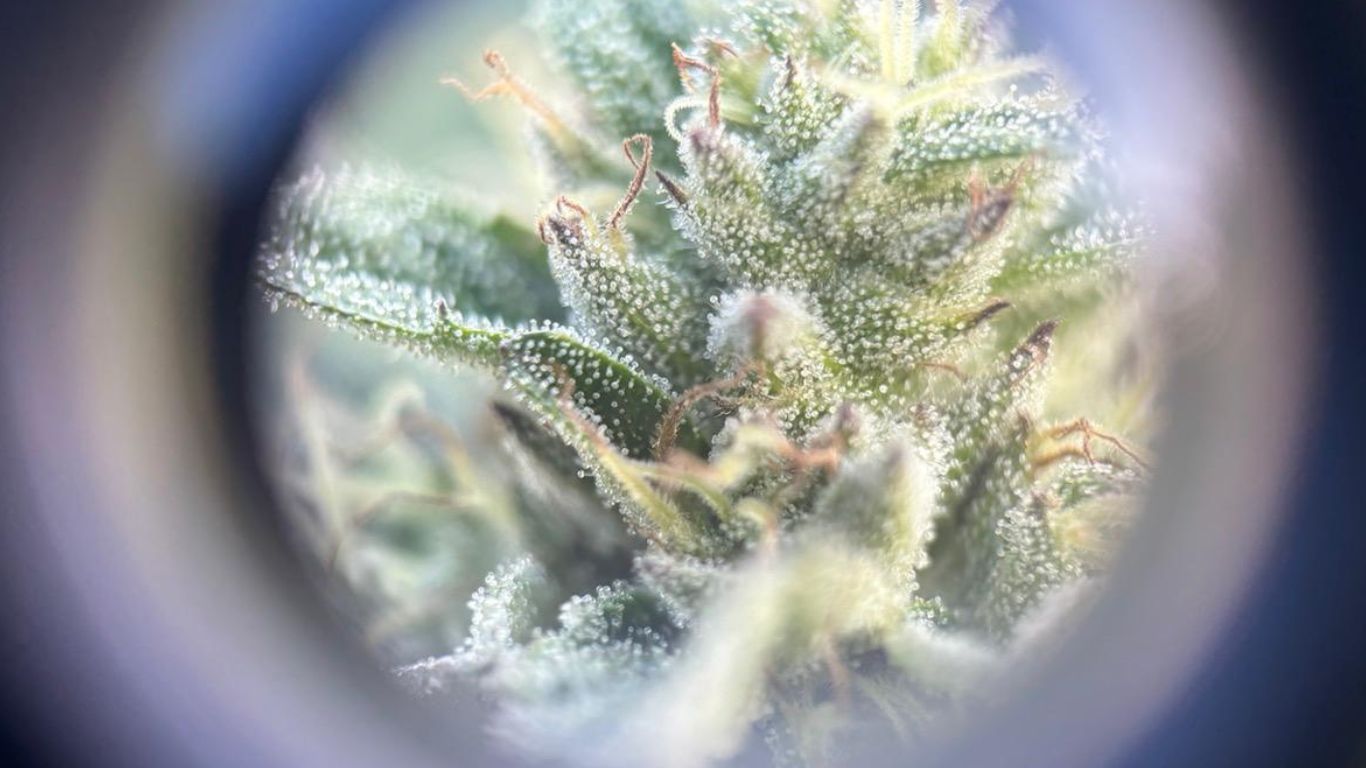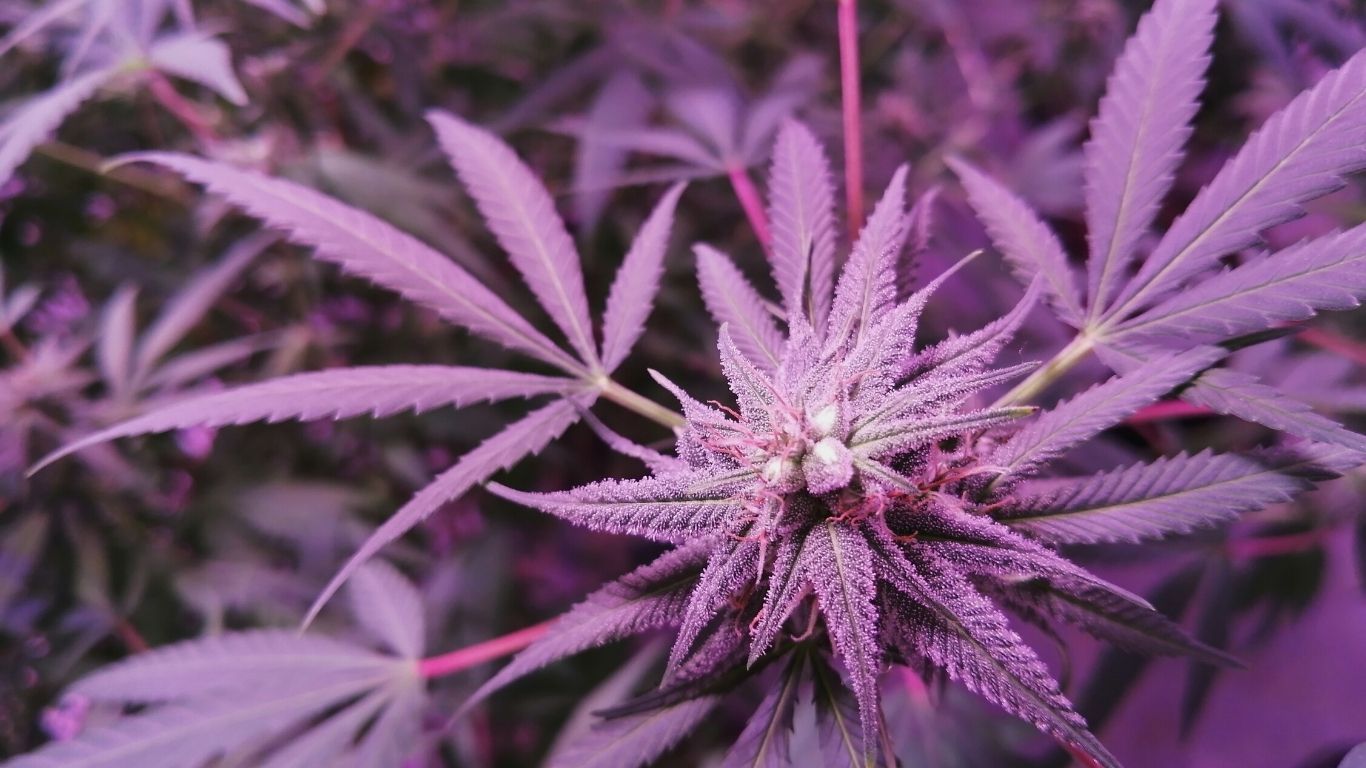
| COMPANY: | Cotyleden |
| LICENCE TYPE: | Nursery |
| APPROACH: | Seeds, cuttings |
| TIMELINE: | ~10 months (- December 2020) |
| COST: | Under $1 Million |
| FACILITY: | Indoor, 5,000ft2 |
Cotyleden is a cannabis nursery in St Thomas, Ontario specializing in cannabis breeding as well as consumer and B2B sales for seeds and live cuttings.
Recently licensed in December 2020, Cotyleden is one of only 14 cannabis nurseries currently operating in Canada. Nick Trueman, the company’s founder and a long time cannabis grower, says he chose the nursery licence because he foresaw the importance that genetics would play in the industry.
“During my first few years working as a grower in the cannabis industry, I saw many producers growing the same varieties. I knew there would be opportunities for nurseries to play a significant role once the micro licences were announced.” says Trueman. “We have brought in over 150 different varieties and we also run an extensive breeding program, having recently created 23 of our own unique varieties in house.”
Originally, Trueman says he had looked at an outdoor micro cultivation licence, but felt the market was already becoming saturated, and instead decided to build out what became Cotyleden’s 5,000ft2 indoor nursery, built inside a dry storage barn on 100 acres of farmland in rural Ontario.
“First we want to focus on getting seeds to the market, for home growers and to medical growers, but we need to at some point open up the opportunity for growers to purchase live cuttings through retailers. Orders could be placed through retailers then fulfilled and shipped directly from licensed nurseries.”
Only recently licensed, Truman says they are just beginning to have conversations with other growers, but they are fully prepared to begin supplying all aspects of the market. Although the full building is licensed, they are currently only utilizing about half, divided into a mother room, propagation room and breeding room with a few offices and staff areas.
“Upon licensing, we immediately started planning the completion of the other half of our facility which will include more capacity for seed and clone production.”
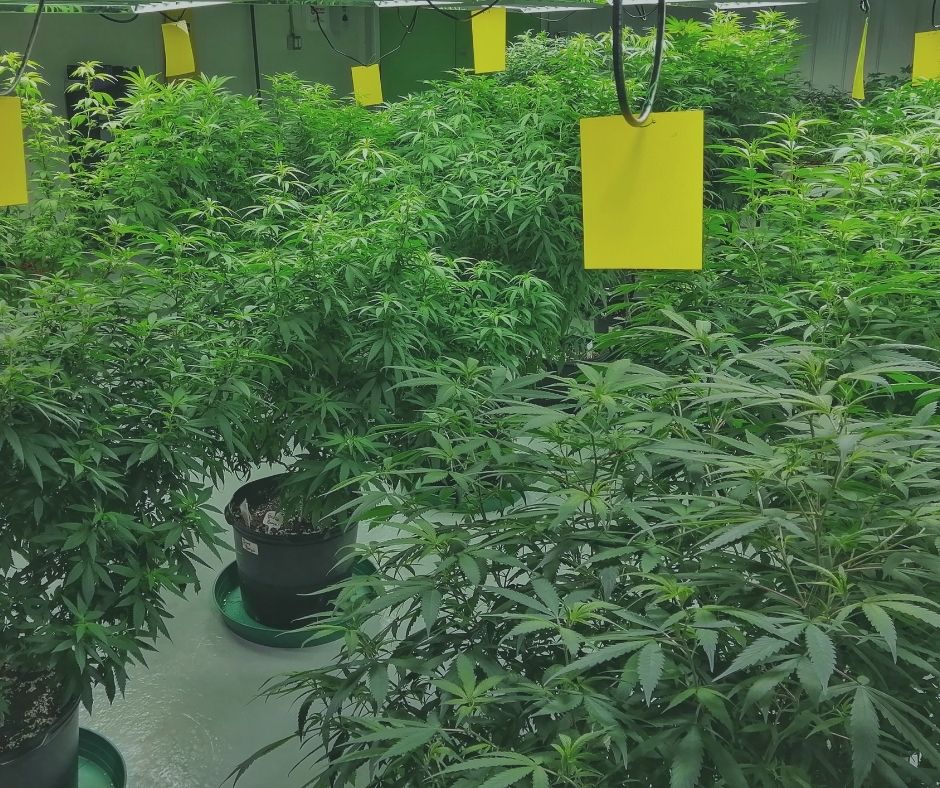
“Right now, we can send cuttings, we can send seeds, and we can send ready-to-flower plants. We anticipate that being a big part of our model, especially for the micro crowd. There’s a big opportunity for micros to earn more yearly revenue by not worrying about maintaining vegetative or propagative states in their facility.”
Another market he says they hope to serve is the consumer market, starting with seeds and eventually trying to work with provinces to allow them to drop-ship clones.
“Right now, we can send cuttings, we can send seeds, and we can send ready-to-flower plants. We anticipate that being a big part of our model, especially for the micro crowd”
“First we want to focus on getting seeds to the market, for home growers and to medical growers, but we need to at some point open up the opportunity for growers to purchase live cuttings through retailers. Orders could be placed through retailers then fulfilled and shipped directly from licensed nurseries.”
Although he says they’ve been actively engaging with the province on this issue, he thinks they see it as a fairly low priority at this point. He remains hopeful for change in the future.
In the meantime, the company’s focus is on breeding and R&D.
“We have a library of over 150 varieties in seed and we currently maintain about thirty of these varieties as live plants. We’re constantly working with these strains and getting to know as much about them as we can,” he continues.
“There will be a heavy focus on breeding and research and development here in the course of coming years. We are planning breeding specific traits such as disease, drought and pest resistance into popular varieties to further increase their value to cultivators. We will be using our robust genetic library and our experience as cultivators to combine the best of both worlds and create some really unique stuff here.”
“We’re just trying to figure out where the market’s going to go. I think there’s still room for a lot of unique products that aren’t currently on the market. So we’re just kind of playing the slow waiting game, working our network of partners, developing new products, and seeing where we’re going to go here.”
“We need more passionate people in this industry. It’s been unfortunate to see a lot of capital and money hungry people come in and a lot of the grey market advocates and legacy people getting pushed to the side. It’s getting better recently, the micro classes I think are a huge opportunity for a lot of the people who were doing the early work to get involved. But I just want to continue to see people who are passionate about this plant move into this industry.









